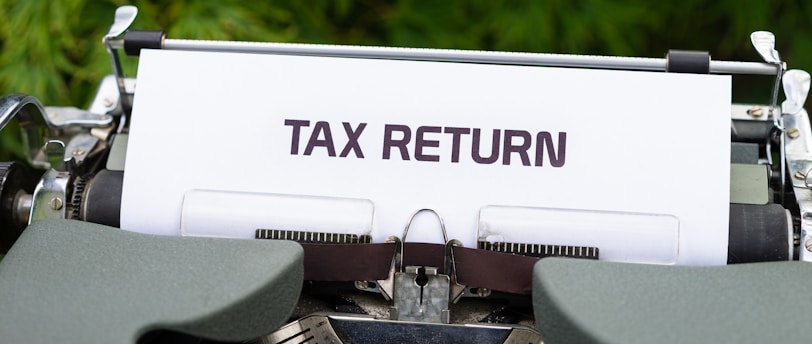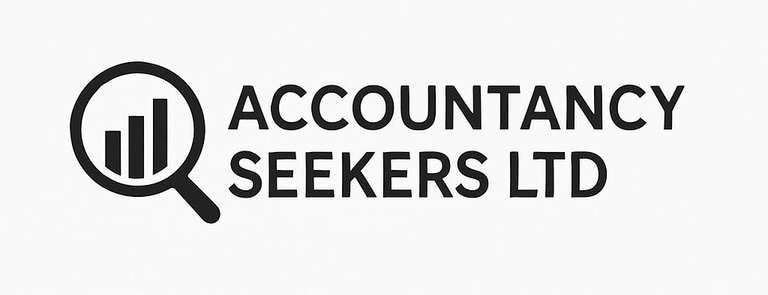How to Avoid HMRC Penalties: Common Mistakes and How to Fix Them
7/15/20252 min read


Let’s face it—no one likes dealing with HMRC letters, especially when they come with a penalty. The good news? Most penalties are totally avoidable if you know what to look out for.
Whether you're self-employed, running a small business, or just trying to stay on top of your finances, here are the most common mistakes people make—and how to stay clear of them.
One of the most frequent causes of penalties is missing deadlines. The Self Assessment tax return is due every year by 31 January. If you miss this deadline, HMRC issues an automatic £100 fine, with additional penalties if the delay continues. To avoid this, set reminders well in advance, and if you need support, don’t leave it until the last minute—accountants get especially busy in January.
Another common mistake is submitting incorrect or incomplete information. Even small errors—such as forgetting to include income or making calculation mistakes—can lead to penalties ranging from 0% to 100% of the extra tax owed, depending on whether HMRC views the error as careless or deliberate. Keeping good records throughout the year and having your return reviewed or filed by a qualified accountant can greatly reduce this risk.
Some people file on time but forget to pay their tax by the deadline, which usually falls on 31 January as well. Late payments can lead to a 5% surcharge after 30 days, with further penalties at the six- and twelve-month marks, along with interest charges. To avoid this, it’s essential to budget for your tax bill throughout the year and, if needed, speak to HMRC early about arranging a payment plan.
Not registering for tax at the right time can also cause problems. If you earn over £1,000 from self-employment in a tax year, you must register for Self Assessment. If your turnover exceeds £90,000, VAT registration is mandatory. Missing these thresholds could result in backdated tax, interest, and fines. Staying informed and checking with an accountant when your income grows is key.
Finally, one mistake that can escalate quickly is ignoring HMRC letters. Whether it’s a request for information or notice of a fine, delays in responding can limit your options and increase penalties. Always open HMRC correspondence as soon as you receive it, keep your contact details up to date, and reach out for support if you’re unsure what to do.
If you’ve already received a penalty, you might still be able to appeal. HMRC will consider waiving or reducing a fine if you had a reasonable excuse, such as serious illness, a family emergency, or technical issues when filing online. The sooner you respond and explain your situation, the better your chances.
The bottom line? Most penalties can be avoided with good habits, clear records, and timely action. If you’re looking for help, we offer self-assessment tax return filing for just £300 per year, along with ongoing support for small businesses and the self-employed. We’re a small team, and we take pride in offering clear, honest advice with no hidden fees. If you'd like to stay compliant and avoid the stress of last-minute filing or unexpected penalties, feel free to get in touch—we’re here to help.
Team
Accountancy Seekers Ltd
ACCOUNTANCY SEEKERS LTD
Helping Businesses stay ahead, one number at a time.
GET IN TOUCH
© 2025. All rights reserved.
GET IN TOUCH
